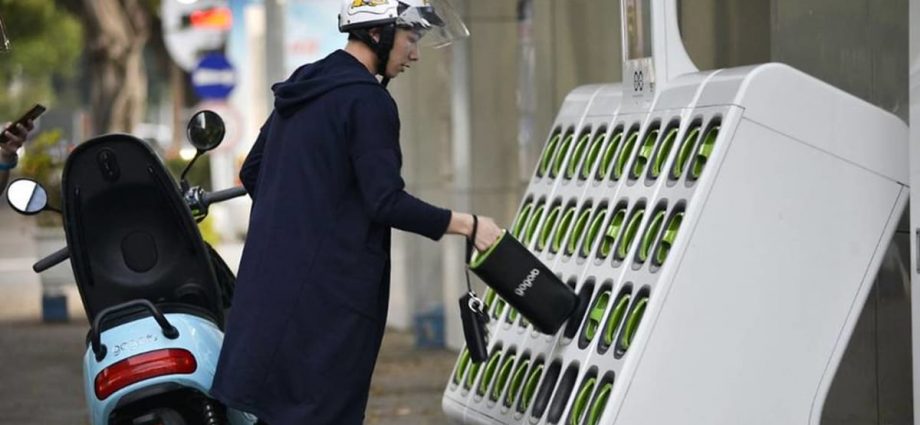
CHOICE, COST, CLIMATE
Mr Iswaran on Friday also gave a first update on an area under his purview in the Forward Singapore exercise, which was launched by the fourth-generation or 4G leadership team in June to review and refresh Singapore’s social compact.
The year-long initiative will be organised across six pillars.
The Build pillar – which entails the home and living environment – is helmed by Mr Iswaran, Communications and Information Minister Josephine Teo, and Minister for National Development and Minister-in-charge of Social Services Integration Desmond Lee.
“The future of our land transport system is an integral part of this exercise under the Build pillar of Forward Singapore. Our goal is to forge a renewed compact for land transport guided by the key imperatives of choice, cost and climate,” said Mr Iswaran on Friday.
A public consultation exercise on the proposed legislation to regulate EV charging in Singapore was organised from Jun 15 to Jul 14 by the Ministry of Transport (MOT) and LTA.
Over 70 responses were received from a range of stakeholders, with the feedback generally supportive of the proposed legislative measures, said MOT and LTA in a joint news release on Friday.
Responding to queries on what such engagements under the Forward Singapore would entail, Mr Iswaran highlighted the need to revisit “existing assumptions” about “various demographics”, to see whether they still hold or whether a “new formulation” needs to be considered.
“Of course, the fact is there are changing aspirations and needs in our society, not just because of demographic considerations, but also because of … habits and culture changes,” he told reporters.
“For example, we’ve seen that with the pandemic, there has been a greater tendency to work from home, but also for people to take up more active mobility modalities. So these also have to be taken into account.”
Said Mr Iswaran: “Is this changing things in a fundamental way for the long term? Or is it more a transient phenomenon? And if it is a fundamental shift, then how do we accommodate it within the context of our larger land transport blueprint?”
The idea for engagement sessions is really to adopt a “listening mode” in the first instance, he added.
“Because whilst we have longer-term plans and ideas, many of which people are already familiar with, we need to use this opportunity to hear directly from the different groups … in our society, and understand this before we then respond with a formulation which will be an integral part of the larger social compact.”
Earlier, in his speech, Mr Iswaran also explained the guiding imperatives of choice, cost and climate.
He noted that the evolution of Singapore’s land transport system has been marked by choices at every level.
To be “meaningful and sustainable”, these choices must be predicated on a “careful evaluation” of costs – not just financial or fiscal ones, but also opportunities that may be foregone as a result of those choices, Mr Iswaran said.
“Today, this choice-cost matrix must be augmented by a third dimension, which is climate. With the existential climate change, we must address the environmental impact of the choices we face for our transport system”, the minister added.
“To build a land transport system that meets the evolving needs of our society, we must decide on the choices we want to make, understand the costs and trade-offs they entail, agree on how these costs are to be borne, while stewarding and safeguarding our shared environmental and fiscal resources.”
He said: “We need conversations about our respective roles and responsibilities in this endeavour – whether as a commuter or taxpayer, as a motorist or a cyclist, as an industry player or government regulator.”
“In other words, we need to come together to forge a renewed social compact on urban mobility, to build a transport system that meets the needs and aspirations of Singaporeans today, as well as those of our future generations.”

